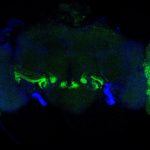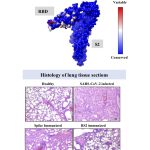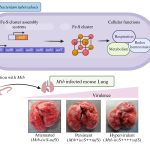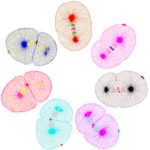
Although treatments and preventative measures for acute diarrhoea are widely available, the long-term consequences of recurrent and chronic diarrhoea, prevalent in developing countries such as India, are not well understood.
Researchers led by Sandhya S Visweswariah at the Department of Molecular Reproduction, Development and Genetics have now developed a novel transgenic mouse model harbouring a rare human mutation initially described in a Norwegian family with a history of congenital diarrhoea. The mutation is present in the gene encoding receptor guanylyl cyclase-C (GC-C), the protein receptor for diarrhoea-causing heat-stable enterotoxins secreted by enterotoxigenic E.coli.
These mice with an activating mutation in GC-C displayed symptoms of diarrhoea such as enhanced faecal water and sodium content, higher frequency of bowel movements, and altered gut motility. Intriguingly, mutant mice showed an altered gut microbiome and expression of genes associated with inflammatory bowel diseases (IBD).
Preclinical models for diarrhoea are not well established. Therefore, this mouse model provides the first tool to understand the consequences of chronic diarrhoea on the overall health and functioning of the gut. It will also provide an opportunity to test clinical regimes for the treatment and prevention of diarrhoea and IBD in the future.






